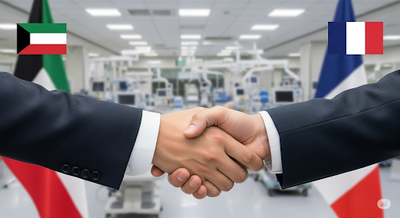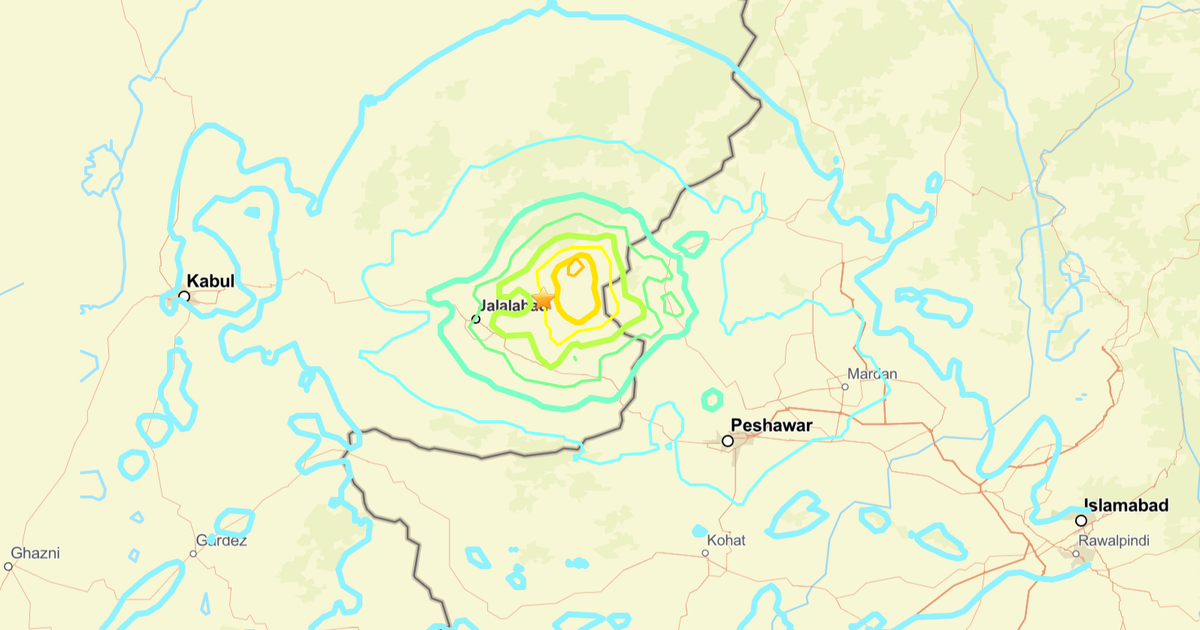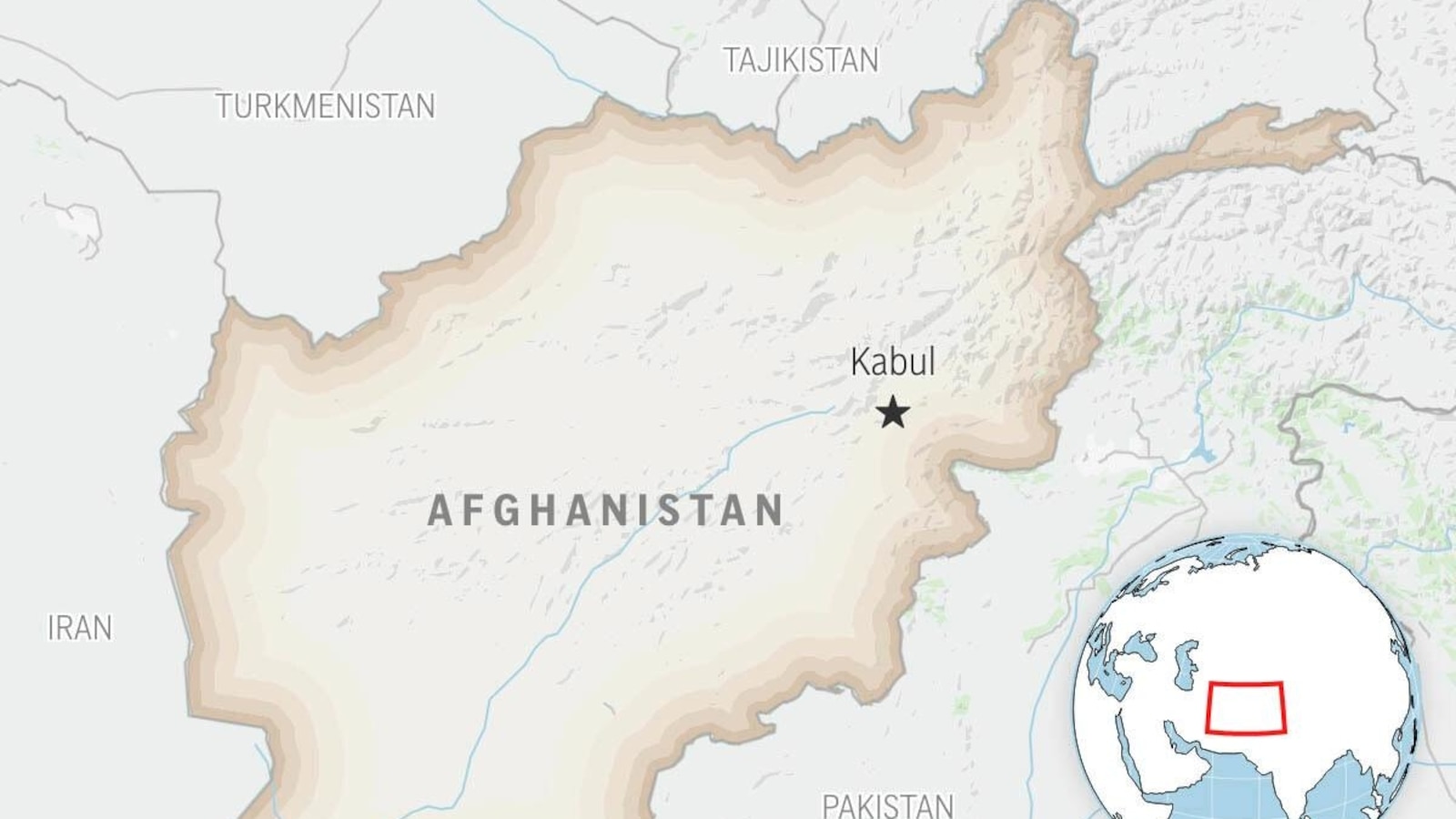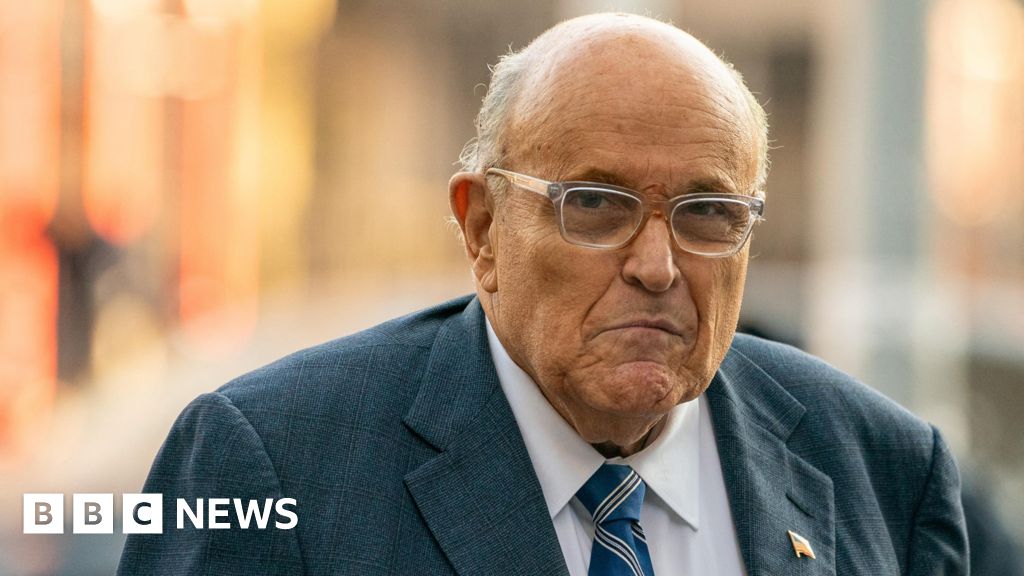
Kuwait’s signs MoUs in Paris with elite French hospitals to boost training, diagnostics, and patient access to top-tier medical care/Representative Image
TL;DR:
- Kuwait’s Minister of Health, Dr Ahmad Al‑Awadhi, signed memoranda of understanding on July 18, 2025 with five elite French medical institutions.
- Participating organizations: Almaviva Santé, Institut Curie, Hôpital Foch, Institut Mutualiste Montsouris, and Rothschild Foundation Hospital.
- The MoUs enable specialist consultations, telemedicine, international fellowships, on-shore training, and joint clinical research in key areas: oncology, cardiology, organ transplantation, and diagnostics.
- Patient benefits include access to world-class expertise without overseas travel; health professionals gain advanced training through international exchange programs.
On July 18, 2025, Kuwait’s Minister of Health, Dr Ahmad Al‑Awadhi, formalized a series of strategic memoranda of understanding with five premier French medical institutions during a ceremony in Paris as reported by KUNA.
The move marks a new chapter in Kuwait’s healthcare collaboration with France, aimed at advancing medical expertise, expanding training opportunities for Kuwaiti professionals, and enhancing patient access to world‑class care through remote and local channels. The agreements were executed in alignment with Kuwait’s leadership vision, as expressed by Amir Sheikh Meshal Al‑Ahmad Al‑Jaber Al‑Sabah.
A Strategic Vision Rooted in National Development
The MoUs reflect a broader vision championed byAmir Sheikh Meshal Al-Ahmad Al-Jaber Al-Sabah, emphasizing international partnerships to uplift Kuwait’s healthcare quality and self-reliance.
According to Dr Al-Awadhi, this move represents a “new beginning” in bilateral cooperation that will not only strengthen patient care infrastructure but also position Kuwait as a regional hub for specialized medical services. By aligning Kuwait’s healthcare goals with the expertise of global leaders in medicine, the Ministry aims to expand local treatment capabilities, particularly in oncology, cardiology, organ transplantation, and complex diagnostics—while also improving knowledge exchange mechanisms through fellowships and dual training programs.
Top-Tier French Institutions on Board
The five French entities involved include:
- Almaviva Santé: a leading private hospital group across France, known for surgical excellence.
- Institut Curie: globally recognized for cutting-edge oncological research and treatment.
- Hôpital Foch: a pioneer in organ transplantation and thoracic surgery.
- Institut Mutualiste Montsouris: acclaimed for high-precision cardiology and urology services.
- Rothschild Foundation Hospital: a Paris-based reference center in neurology and ophthalmology.
Each institution brings decades of proven expertise and world-class infrastructure to the collaboration. These partnerships aim to offer Kuwaiti patients specialist tele-consultations, expert second opinions, and remote care options, all within Kuwait’s borders, reducing travel costs and patient fatigue.
What the Agreements Cover: From Training to Telemedicine
The MoUs are multifaceted in scope and tailored to address both clinical and capacity-building needs in Kuwait’s healthcare ecosystem. Among the key pillars:
- Specialist Telemedicine Services
French physicians will provide virtual consultations for complex cases, enhancing diagnostic accuracy and offering patients access to second opinions from leading European experts.
This reduces Kuwait’s reliance on outbound medical travel while maintaining high standards of care.
- Physician Training & Clinical Fellowships
Healthcare professionals from Kuwait will benefit from structured training programs, including short-term fellowships, clinical observerships, on-site placements in France, and joint workshops in Kuwait. This hands-on learning model is expected to upskill frontline medical staff, particularly in areas where Kuwait lacks in-house specialization.
- On-Site Diagnostics Support
The French institutions will send diagnostic experts to Kuwait on rotational visits to conduct complex medical tests, improve lab capabilities, and support local clinicians with advanced case management. Focus areas include oncopathology, cardiac imaging, and genetic testing.
- Joint Research & Innovation
Both sides have committed to launching clinical trials and collaborative research projects, particularly targeting diseases prevalent in the Gulf region such as diabetes, hypertension, and cancer.
The aim is to co-develop innovative treatment protocols that could later be scaled for regional application.
Why This Matters to Kuwait’s Healthcare Future
These MoUs go beyond symbolic cooperation, they signify a functional model for technology-driven, collaborative healthcare that integrates global expertise with local needs. By leveraging France’s longstanding medical legacy, Kuwait hopes to:
- Reduce medical travel costs and improve in-country care
- Develop specialist medical talent through international mentorship
- Advance diagnostic infrastructure and patient outcomes
- Promote research culture and knowledge production within national institutions
The Ministry of Health views these collaborations as a strategic investment in both human capital and system resilience.
Kuwait’s new healthcare agreements with elite French hospitals are a calculated step toward building a globally competitive medical ecosystem. As implementation begins, the MoUs are expected to deliver both immediate benefits to patients and long-term advantages for professional development. With stronger institutional ties and shared scientific goals, Kuwait is not only addressing present-day healthcare gaps but also future-proofing its medical services for generations to come.
FAQ
- 1. What are the new healthcare MoUs Kuwait signed with France?
Kuwait signed memoranda of understanding with five top French medical institutions to enhance diagnostics, treatment, training, and research.
- 2. Which French hospitals are involved in the agreements?
The MoUs involve Almaviva Santé, Institut Curie, Hôpital Foch, Institut Mutualiste Montsouris, and Rothschild Foundation Hospital.
- 3. Will Kuwaiti patients be sent to France for treatment?
While some critical cases may still go abroad, the focus is on bringing French expertise to Kuwait and expanding local services.
- 4. How will Kuwaiti doctors benefit from this deal?
Doctors will receive training, attend fellowships in France, and collaborate on research and clinical programs with French specialists.
- 5. When will these agreements take effect?
The agreements were signed in July 2025 and are expected to be rolled out in phases starting later this year.

 1 month ago
11
1 month ago
11










 English (US) ·
English (US) ·